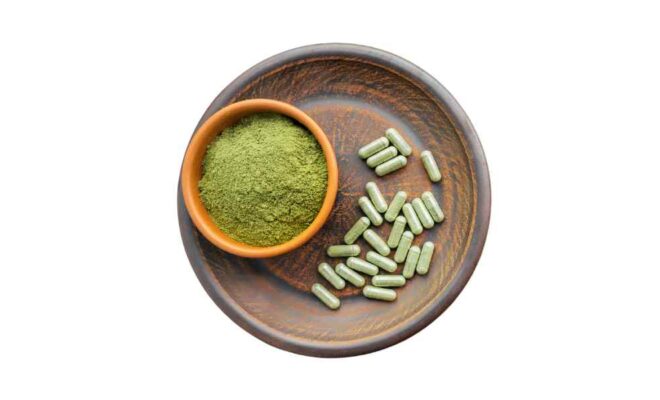Is there a natural way to ease my allergy symptoms?

Allergy is a situation in which the immune system responds excessively by releasing histamine when it reacts to certain substances known as allergens such as dust mites, dander, pets, fragrance, pollen, detergents, molds, foods, and some medications. Most people who have allergies develop symptoms ranging from mild to severe depending on their condition. Having seasonal allergies can impact your quality of life if no proper treatment is being addressed. Some of the allergies may go away with treated medications and natural remedies. Ask a doctor to find out more details about the symptoms of allergies and how to overcome the problems. Here are natural ways you can practice to reduce the symptoms of allergies.
1. Rinse with saline water
You can use saline or pre-heated salts water using neti pot and rinse your nose several times to help you to reduce the thickness of mucous underlying inside the nasal cavity. Sodium chloride is a very powerful ingredient containing antibacterial properties that can relieve inflammation. This method has been practiced since ancient times and scientifically proven to reduce allergies such as sinusitis or allergies rhinitis. You can practice this method at least twice a day to clear the nasal passages and thus prevent environmental allergens from getting trapped inside the nose.
2. Vitamin D
Vitamin D is very important to enhance the function of the immune system and provides an essential role to maintain healthy bones by helping the body to absorb calcium. According to a study that was conducted in 2014, it is estimated about 1 billion people in the world have low vitamin D levels or vitamin D deficiency. One of the main functions of vitamin D is to activate T cells or also known as ‘killer cells’ in the body. The receptor initiates the T cells to detect any presence of foreign particles or pathogens, it will engulf and produce an enzyme to kill them. People who develop allergies commonly have a suppressed immune system due to vitamin D deficiency. Vitamin D can be obtained through food or supplements or by exposing your body to direct sunlight. Studies have shown people who routinely exposed their body to sunlight in the morning between 10 to 12 pm at least 20 minutes per day possess a lower risk of developing diseases such as flu and allergies and recover fast from any illness due to the production of higher-level immune response to fight against diseases.
3. Air Humidifier
Air humidifier is an electronic device that pumps air mist into the air to increase the humidity of the air to ease breathing. You can place a humidifier in your bedroom or enclosed space and use it daily to help you to reduce the symptoms of allergies by moistening the mucous membrane and thus preventing irritations and discomfort. Most air humidifiers come together with essential oils to lift up your mood and re-energize your body. Examples of essential oils are frankincense, eucalyptus, lavender, peppermint, lemon, rosemary, and others. Studies have shown frankincense oil may help against perennial allergic rhinitis. Besides that, the presence of linalool, a type of molecule inside the essential oil, helps to reduce the symptoms of anxiety and depression. You can also dilute it with a carrier oil such as almond oil or coconut oil and massage it surrounding your ears or you can inhale it by adding a few drops of essential oil inside the diffuser.
4. Drink plenty of water
Drinking enough water is very important to remove toxins and replenish your body. Make sure you fuel your body by drinking at least 8 glasses of water per day to keep your body hydrated. Lack of water can lead to dehydration and eventually increase in the production of histamines in the body and finally reinforce more allergies symptoms. If you find it difficult for you to be disciplined, you can keep a jar of 2 L of water with you and install a water drink reminder application in your phone to keep track of your daily water intake.







